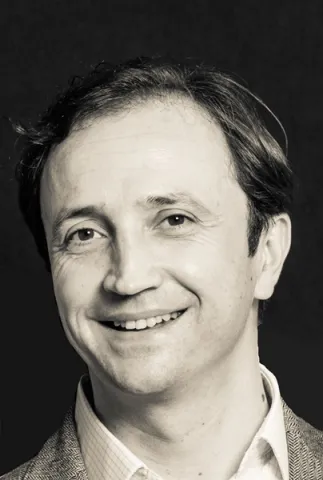About the project
This project will focus on the development of reliable and efficient programmable photonic integrated circuits (PICs) on a silicon photonics platform.
Photonic integrated circuits (PICs) based on silicon have recently become an established and powerful technology that supports many applications such as optical communications, chemical and biological sensors, and LiDAR systems. Programmable photonic circuits have attracted a lot of research interest recently as a means of further extending the functionality and feasibility of PICs. A programmable photonic circuit can be readily fabricated and then programmed to perform multiple photonic processing functions by using the same hardware programmed into different configurations. This approach has the benefit of providing greater flexibility and is more cost-effective mass fabrication of photonic products as compared to application-specific PICs.
As a researcher on this project you will:
- explore new technologies and architectures for building programmable photonic integrated circuits
- design, fabricate and test configurable silicon photonics waveguides and switches
- study directional couplers and Mach-Zehnder Interferometers as basic building blocks, in order to form more complex programmable photonic integrated circuits
- study and evaluate network architecture designs such as binary trees, rectangular architectures, and square or hexagonal loops
At Southampton we have one of the best academic cleanroom facilities in Europe allowing us to fabricated devices using a range of industry like processes.
The candidate will have the opportunity to get hands on experience with the device fabrication process, supported by a team of experience technicians. Device characterisation is performed in a range of laboratories with state of the art testing equipment, allowing devices to be tested at high speed and across a range of wavelengths.
The work will be carried out in a collaborative manner within an experienced and committed team, including collaboration visits to both UK and international academic and industrial partners.

